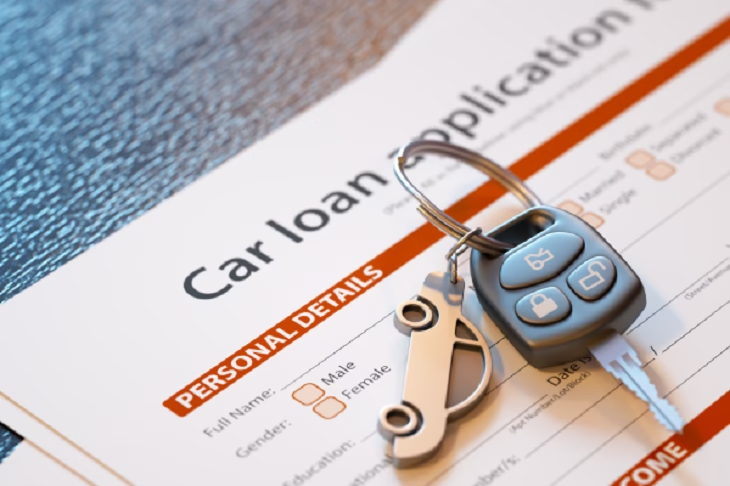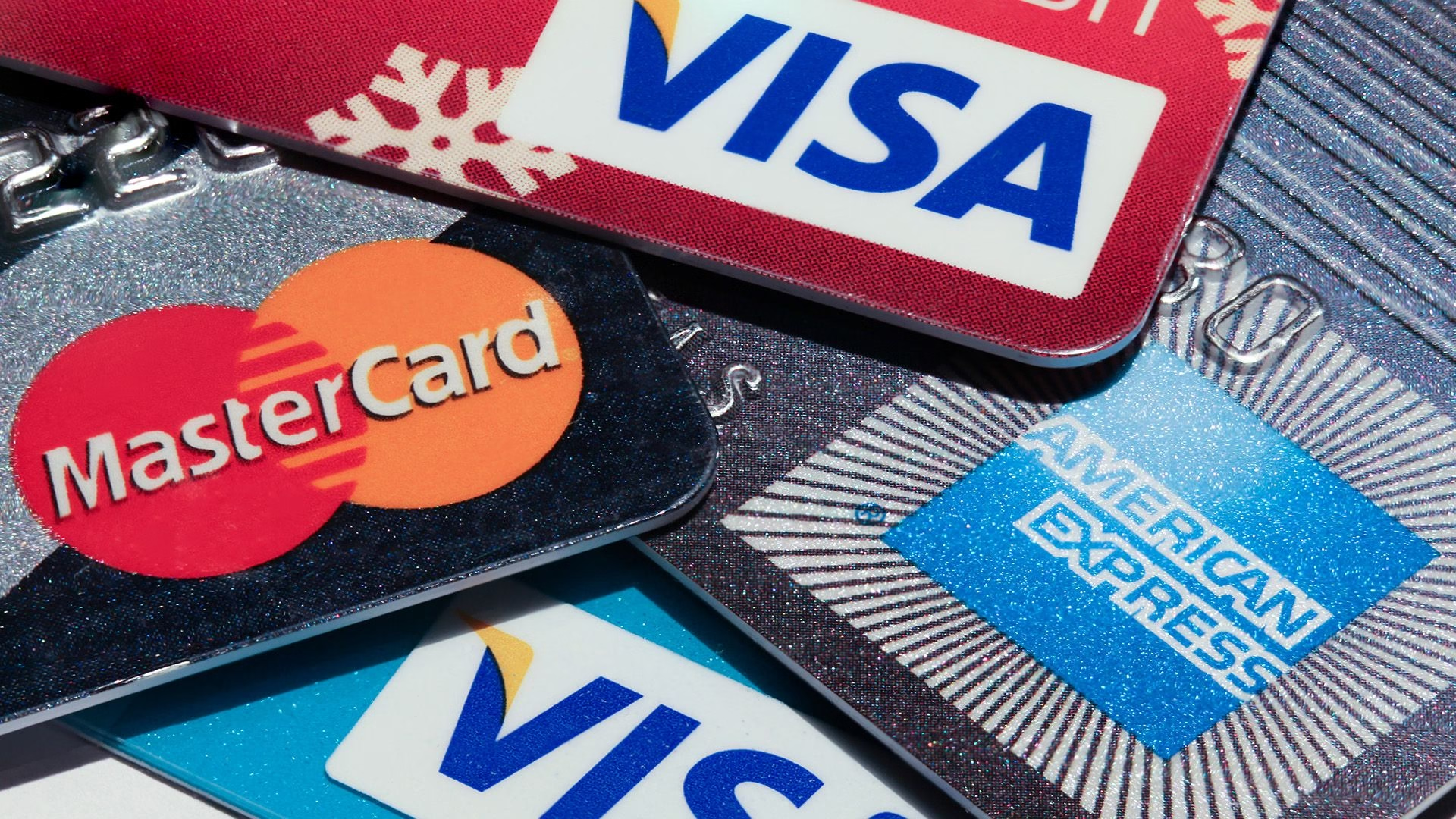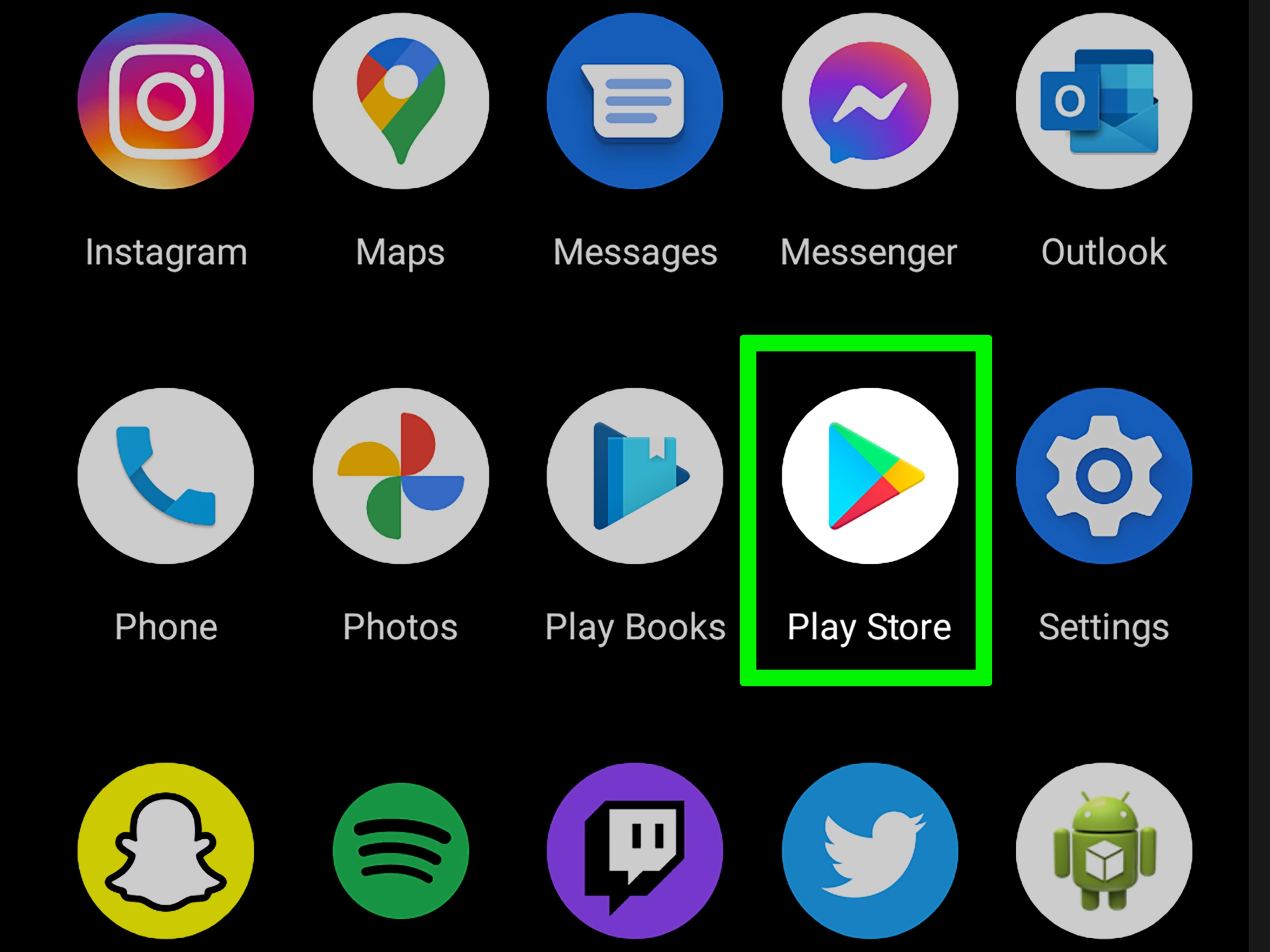Car Loan Rates
Getting the best car loan rates dealership can equate to thousands of dollars in saved money throughout the life of your loan. You could purchase a new car, refinance, or even look at a lease buyout. In essence, the key to a successful purchase is knowledge. Whatever the situation, it’s always good to check and know the ins and outs of the deal and weigh your options to know what price other dealerships are willing to sell the same car for. Let’s review how to secure the best rates and make smart financing decisions.
Why Your Car Loan Rate Matters
A small variation in car loan interest rate can save you a lot of money in your monthly payment and the overall interest you pay. Even a small percentage can add up to thousands of dollars over the lifespan of a loan. That’s why shopping around is important, as well as understanding how loan rates are calculated.
Several key factors influence car loan rates:
- Credit score and history – lenders use your credit report to assess your creditworthiness. The higher your score, the lower the interest rate you’ll likely qualify for. If you have a low credit score, you might be stuck with a higher rate, which means you’ll pay more in interest in the long term.
- Loan term – Shorter loan terms tend to have lower interest rates. A three-year loan may have a much lower rate than a seven-year loan, but your payments will be higher. Knowing this trade-off is key when deciding the best term for your financial needs.
- Down payment – The more you put down, the less you have to borrow with a loan. This reduces your monthly payments and may qualify you for a lower interest rate, as lenders see you as a less risky customer.
- New vs. used vehicles —New vehicle loans have lower interest rates than used car loans. Lenders consider used vehicles riskier because they lose their value faster, which impacts the resale value.
- Debt-to-income ratio – Lenders assess your repayment ability by comparing your debt to your income. You may be charged a higher interest rate or even denied a loan if you have too much debt relative to your income.
- Market conditions – Economic conditions like inflation and federal interest rates also affect car loan rates. Monitoring market trends can enable you to secure a loan with more favorable rates.
How to Qualify for the Best Car Loan Rates
To get the lowest rates, do the following:
- Check Your Credit Score —Before applying for a car loan, check your credit score. If it is less than 700, take steps to enhance it by clearing debts and paying bills on existing loans on time. A small boost in your credit score can result in improved loan offers.
- Compare Several Lenders – Don’t take the first loan offer you receive. Banks, credit unions, and online lenders have different interest rates and terms. Look out for websites to compare different dealers for choices.
- Get Pre-Approved – Pre-approving for a car loan allows you to know how much your budget is before visiting a dealership. It also gives you negotiating power since you already have an offer.
- Take a Shorter Loan Term – The shorter the payback period, the less you will pay in total interest. If you can accommodate slightly higher monthly payments, a 36-month or 48-month loan will be cheaper in the long run.
- Make a Larger Down Payment – The more you put down, the less you will need to borrow. This reduces your monthly payment and can lead to a lower interest rate.
- Steer Clear of Unnecessary Add-Ons – Dealers might try to sell you extended warranties, gap insurance, and other add-ons that increase the overall loan amount. Keep things simple to keep payments low.
- Select a Loan without Prepayment Penalties – Certain lenders impose charges for early repayment of your loan. Search for loans that permit early payment without any extra fee.
Refinance to Lower Your Car Loan Rate
Refinancing can lower your monthly payment and interest rate if you already have an auto loan. That’s especially beneficial if interest rates have dropped since you initially bought the loan or your credit score has increased. Refinancing with U.S. Bank is available for qualified borrowers. Learn more about auto refinancing
When Should You Refinance?
Refinancing is worth it if:
- Interest rates have dropped considerably since you initially acquired your loan.
- You’ve improved your credit rating and qualify for a lower rate.
- You have to lower your monthly payments as you are strapped financially.
- You want to shift from a longer loan term to a shorter one to reduce interest.
Lease Buyout: Is It Worth It?
If you like your leased car, buying it at the end of the lease might be a good option. Here’s when a lease buyout is a good option:
- The buyout cost is lower than the car’s market value, so it’s a good deal.
- You’ve taken good care of the car and don’t want to bother getting a new one.
- You don’t want to incur additional mileage or wear-and-tear fees that dealerships charge upon returning the lease.
- You like the car and prefer to keep it over returning to search for a new one.
- Fees to Watch Out For
When you finance a vehicle, always read the fine print. Some of the hidden fees that can contribute to your total loan cost are:
- Origination fees – Some lenders charge an upfront fee to originate your loan.
- Prepayment penalties – Some lenders penalize you for paying off your loan early.Gap insurance is not mandatory but is a good idea if you owe more on your car than it’s worth.
- Extended warranties – These are tacked onto your total loan and may not always be necessary.
- Dealer fees – Watch out for document fees, delivery fees, and other dealer fees
Best Places to Obtain a Car Loan
Use these places to finance:
- Credit Unions and Banks – Good rates, especially for regular customers.
- Online Lenders – Provide quick approval and relaxed terms, including bad credit borrower loans.
- Dealership Financing – There may be incentives, but rates can be higher than those of other lenders.
- Peer-to-Peer Lending – Alternate financing sources with competitive rates.
Common Mistakes to Avoid
Most vehicle buyers make costly mistakes when financing their vehicle, namely:
- Failing to obtain your credit report before applying.
- Concentrating on monthly payments instead of the overall loan cost.
- Avoiding loan pre-approval and negotiating with leverage.
- Taking the first loan offer without exploring other alternative rate options.
- Ignoring and failing to review loan terms and hidden fees.





Leave a Reply